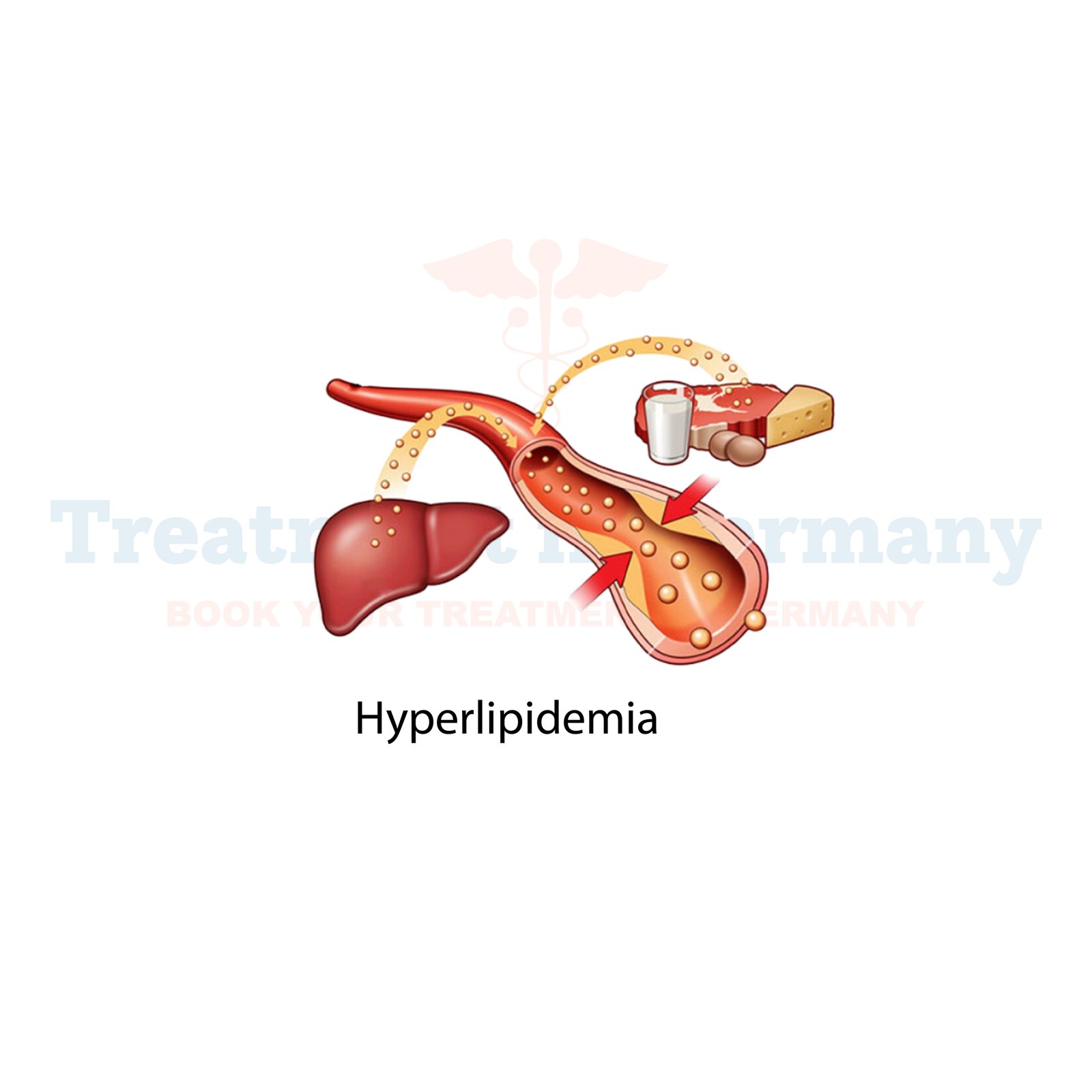Understanding Hyperlipidemia:
Hyperlipidemia is a medical condition characterized by elevated levels of lipids (fats) in the bloodstream. These lipids include cholesterol and triglycerides. While these substances are essential for various bodily functions, excessive levels can pose serious health risks.
Side Effects of Hyperlipidemia:
If left untreated, hyperlipidemia can contribute to the development of atherosclerosis, a condition where fatty deposits build up in the arteries, leading to narrowed and hardened arteries. This increases the risk of cardiovascular diseases such as heart attack, stroke, and peripheral artery disease.
Additionally, hyperlipidemia can cause other health complications such as pancreatitis (inflammation of the pancreas) and fatty liver disease.
How is Hyperlipidemia Diagnosed?
Diagnosing hyperlipidemia typically involves a lipid profile test, which measures the levels of cholesterol and triglycerides in the blood. This test is often performed after a period of fasting to obtain accurate results.
Based on the lipid profile results, healthcare providers can assess the patient's risk for cardiovascular disease and determine the most appropriate course of treatment.
Potential Treatments of Hyperlipidemia:
👉 Contact us for further information and receive a complimentary consultation.


.webp)
 (1).webp)

.webp)
 (1).webp)


.webp)
 (1).webp)

.webp)
 (1).webp)
